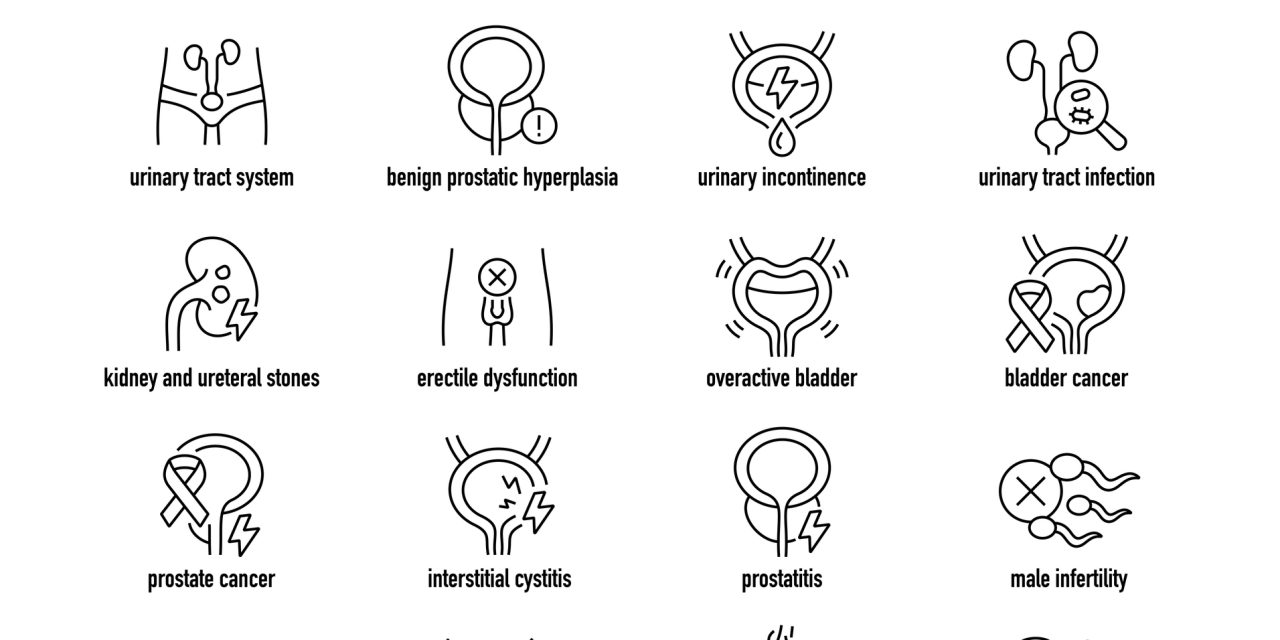The significance of mineral components in water and their effect on kidney stone disease (KSD) has long been debated. For this systematic study, researchers wanted to assess the importance of various kinds of water in stone disease. So far, studies have shown conflicting conclusions about the significance of water hardness, which is mostly influenced by its calcium concentration. Other minerals, such as magnesium and bicarbonate, are also important in the prevention of renal stones. Patients with stone illness are given diverse counsel due to a lack of agreement on the sorts of water that should be used.
Increased fluid intake helps to avoid the development of stones. According to our analysis of the research, hard water and bottled mineral water may be beneficial to calcium stone formers. They have a high calcium content, which causes hypercalciuria; nevertheless, other variables influence the stone formation, and the overall result appears to be a decrease in calcium stone formation. Although the mineral composition of different water types varies, high magnesium and bicarbonate concentration in water is also indicated for kidney stone sufferers.
Reference:link.springer.com/article/10.1007/s11934-020-0968-3


